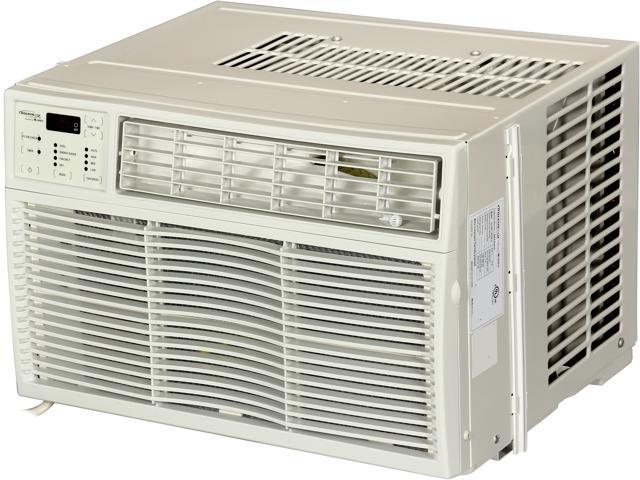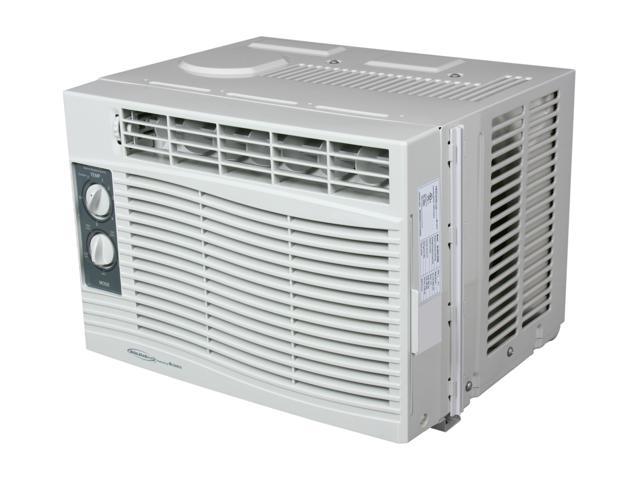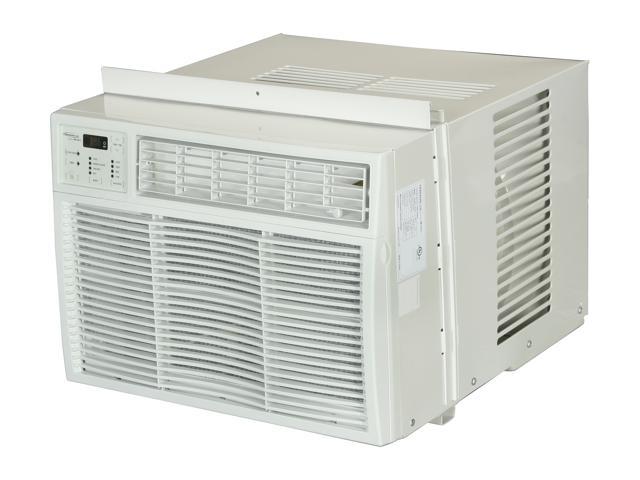It has been found that there are no mathematical models and energy simulation programs to enable detailed investigation and evaluation into the energy performance of water cooled air conditioners.
Water cooled air conditioning systems wacs.
Whereas an air cooled system would require less maintenance it would also break or require costly part or unit replacements.
Wacs using fresh water cooling towers for individual building is generally more energy efficient consuming up to 20 less electricity than air cooled air conditioning systems.
How water cooled air conditioning systems work.
Water cooled air conditioning systems wacs are intrinsically have a higher cop coefficient of performance than air cooled air conditioning systems aacs.
Water cooled systems run much longer as long as they are.
Since the energy cost for air conditioning often accounts for a dominant portion of the operating cost of a building water cooled air conditioning systems wacs are preferred to air cooled air conditioning systems aacs wherever cooling water can be made available at a low cost.
This table compares air cooled and water cooled systems using national averages for a 400 ton cooling system.
Fresh water from lakes or rivers is preferred to seawater as.
Chilled water is circulated through a water coil equipped air handler to cool the living space and at the same time heat is absorbed from the air and.
Water cooled air conditioner is also called water cooled condenser as its function is to reject the heat that was absorbed by the refrigerant in the evaporator.
Currently majority of the air conditioning systems in non domestic premises are electrical motor driven centralized air cooled type with fair energy efficiency.
Instead of circulating air through 18 inch air ducts chilled water is circulated through one inch pipes which fit easily into very tight spaces.
Water is used to cool the hot air refrigerant 180 f or 82 c from the compressor by pumping counter flow water in the condenser.
Note that each specific cooling system should be analyzed because of variances mineral content of make up water system load annual hours of operation etc to determine site specific energy savings greenhouse gas ghg reductions.






























